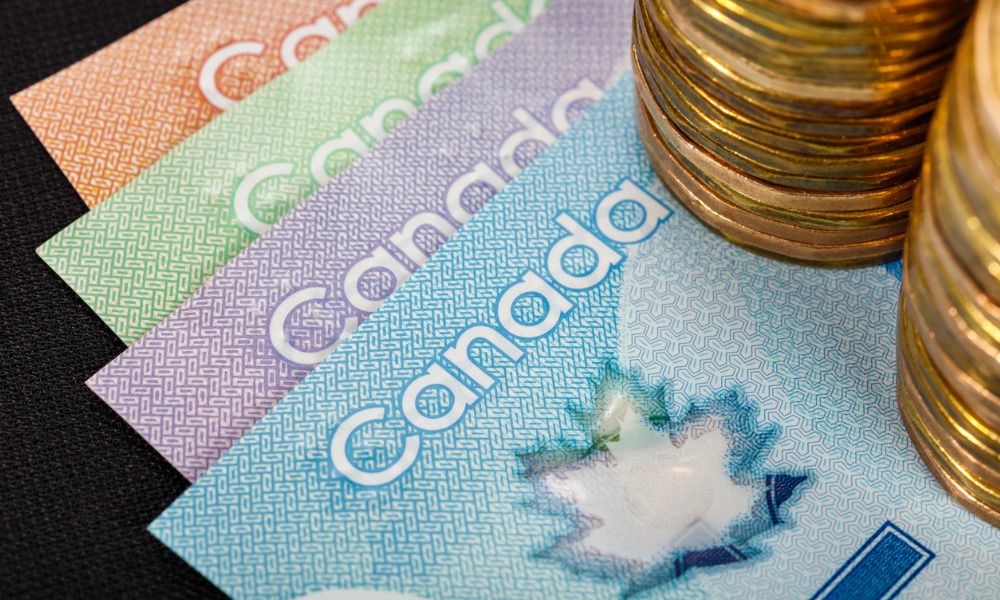Province mandates higher wages, full tip retention, and compensation coverage

British Columbia has introduced new regulations to establish a minimum wage and basic protections for app-based ride-hailing and delivery workers like Uber, DoorDash, and SkipTheDishes.
These rules, which will come into effect on September 3, marking a first in Canada, aim to address common concerns among app-based workers, including low and unpredictable pay, protection of tips, and lack of workers’ compensation.
Under the new regulations, the minimum wage for engaged time—when a worker is actively on a job—will be set at $20.88 per hour. This rate is 20% higher than BC’s general minimum wage to account for the fact that the minimum wage does not cover waiting time between assignments.
The rules also ensure that workers receive 100% of customer tips. Additionally, a minimum vehicle allowance of 35 to 45 cents per kilometre will be established to help cover expenses, and workers will be covered by BC’s workers’ compensation agency.
Platforms will also be required to disclose job locations and estimated pay before workers accept assignments. Companies must likewise provide reasons for any suspension or termination of workers.
A statement from the Ministry of Labour described the changes as a first for Canada, adding that they were a result of extensive consultations with various stakeholders.
“Everyone working hard to support their families should have basic protections so if they’re injured on the job, they won’t lose their homes,” said Labour Minister Harry Bains. “That is what we are doing with these regulations — providing fair pay and basic protections for these workers.”
The BC government said approximately 11,000 ride-hailing drivers and 35,000 delivery workers in the province will be affected by the new rules.
Final details are set to be rolled out in the coming days. According to the statement, companies will need to top up workers’ earnings to meet the new standard for engaged time, with tips excluded from the minimum earnings calculation.
Companies operating these platforms will be responsible for registering with WorkSafeBC, the government added, paying premiums, reporting injuries, and investigating significant incidents.
Bridgitte Anderson, president of the Greater Vancouver Board of Trade, expressed concerns that the changes might “impose additional burdens” and reduce business flexibility. She acknowledged, however, that ensuring a minimum wage is a “positive” step.
“We will continue to advocate for a balanced approach that safeguards workers while preserving the flexibility, independence and supplementary income opportunities inherent in gig work,” Anderson said in a statement.





